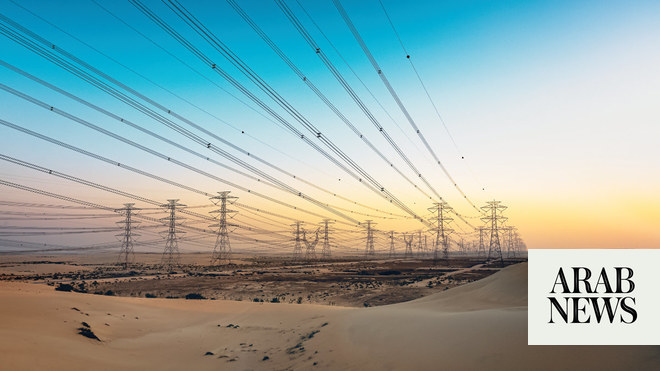
Saudi Arabia is the world’s largest oil exporter, but it is nevertheless embarking on its own energy transition.
As part of the Kingdom’s 2030 Vision plan, the country’s goal is to have 35 percent of its energy generated by renewables, with a heavy emphasis on solar power.
“That is the ultimate proof, the lowest cost oil producer in the world has now recognized that compelling proposition of renewables. It is definitely recognized that oil has more value than burning it in powerplants,” said Paddy Padmanathan, CEO of ACWA Power, a Saudi-based developer and operator of power plants in the Middle East and North Africa.
The CEO said ACWA’s experience in what he calls the “sunbelt of the Middle East” has shown that Saudi Arabia will surpass that target by a wide margin, due to 85 percent and 50 percent price declines in the price of solar and wind power over the past five years.
“By the time we are done in 2030, my prediction is that Saudi Arabia will be somewhere at 55-60 percent,” he added. That says a great deal from an estimated give percent today.
Padmanathan was one of five members in a special “Global Energy Challenge” panel session at the World Energy Congress in Abu Dhabi, exploring the transition from hydrocarbons to renewables in the face of rising concerns over climate change.
He was the most optimistic voice that emerged before an audience of 200 “Future Energy Leaders” attending the bi-annual event.
Mohammad Sanusi Barkindo, the secretary-general of OPEC, described an intense dual challenge — struggling to limit global warming while dealing with a seventh of the world’s population who still do not have daily access to power.
The panel offered a couple of key remedies, from a more pervasive use of carbon taxes to accelerate investment into renewable technologies and altering the mandate of regional and international lenders to support developing countries.
John Defterios
“Energy poverty and the scourge of climate change are two sides of the same coin in our regions. The lack of access to electricity sentences them to literally to premature death,” said Barkindo.
“To focus on one issue and not the other for these groups of people … in our opinion would be unrealistic,” he said.
The numbers would suggest the world is standing still when it comes to reducing the use of hydrocarbons over the past three decades, which still hovers around 80 percent of total energy supplies according to the Paris-based International Energy Agency (IEA). Low cost coal, despite its reputation as a dirty fuel, makes up half that total, with strong demand in the world’s two largest emerging markets China and India.
According to the IEA, after a severe drop in oil prices back in 2016, investment in the power sector surpassed oil and gas for three years running, amounting to $2 trillion over that time frame. Most of those funds were allocated to renewable energy projects. The bottom line, according to the panel of experts, is that renewables at this stage are still not displacing hydrocarbons, as developing countries grow wealthier and demand more energy.
“If you look at total energy use, everything is higher today. We never use less of anything. Despite the rapid growth of renewables last year, oil went up, gas use went up, coal use went up and carbon emissions went up,” said Jason Bordoff, director of the Center on Global Energy Policy at Columbia University.
The panel offered a couple of key remedies, from a more pervasive use of carbon taxes to accelerate investment into renewable technologies and altering the mandate of regional and international lenders to support developing countries in making the energy transition a less painful one.
Bennet Tucker, the secretary of the board of the “Future Energy Leaders,” suggested the focus cannot be limited to the countries who are early adopters but should broaden to those who will be displaced by new climate change policies.
“It’s about finding out who is going to lose, the rig workers, the beef farmers those types of people. Once we find out how we support them, then they will join the cause and get on board,” he said.












